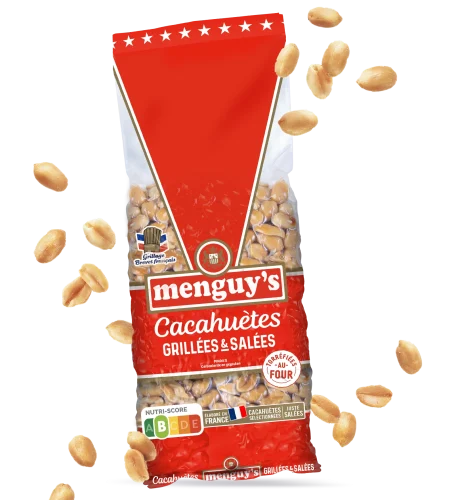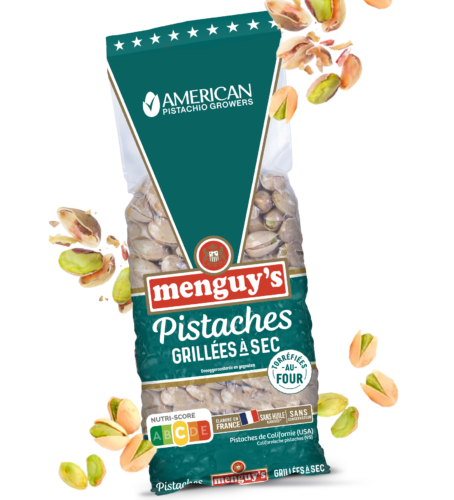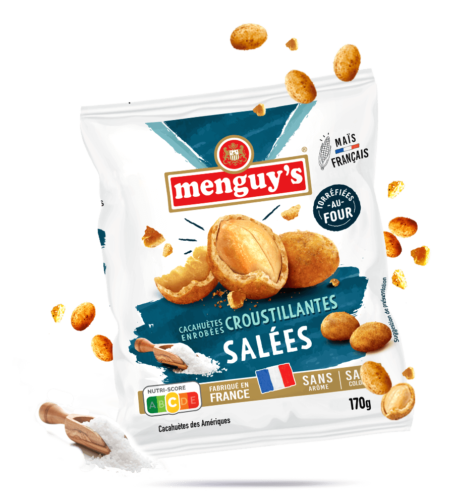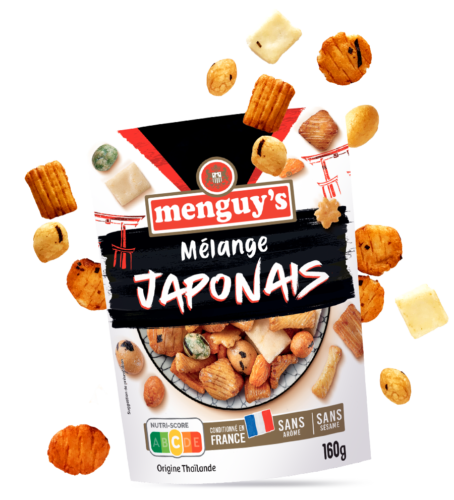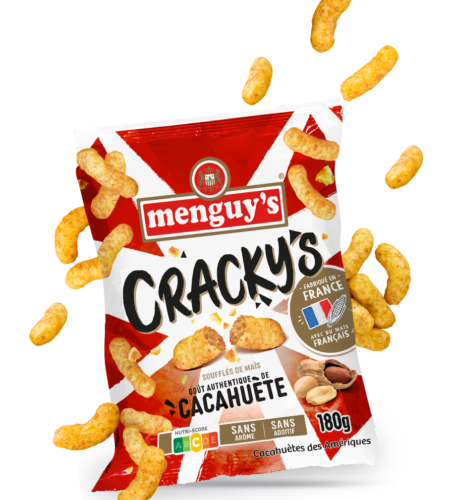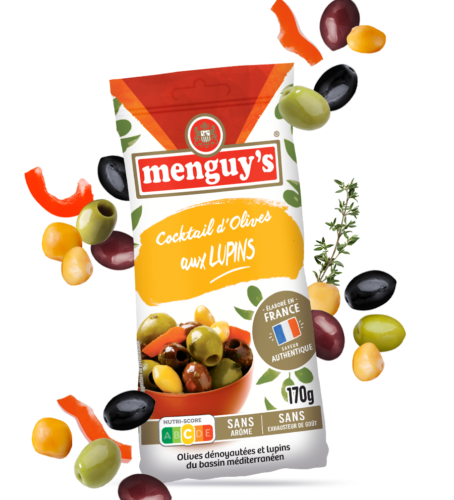Commitment n°3
Taking action, for a more responsible future
In a world where environmental concerns have become paramount, every company has a major role to play in protecting our planet and preserving its resources.
At Menguy’s, we firmly believe in the need to limit our impact on the environment, to develop sustainable and eco-responsible practices, and to control pollution risks. To this end, we are committed to promoting sustainability in the procurement, design, and manufacturing of our products. In practical terms, and in order to help build a more sustainable future, our commitment is based around 3 key areas: more frugal production, more responsible sourcing of raw materials, and rigorous management of our waste.
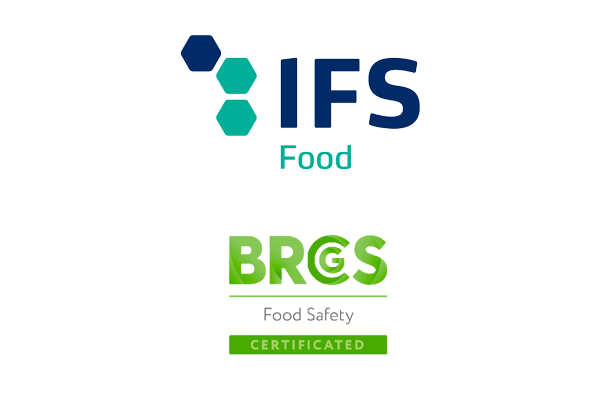
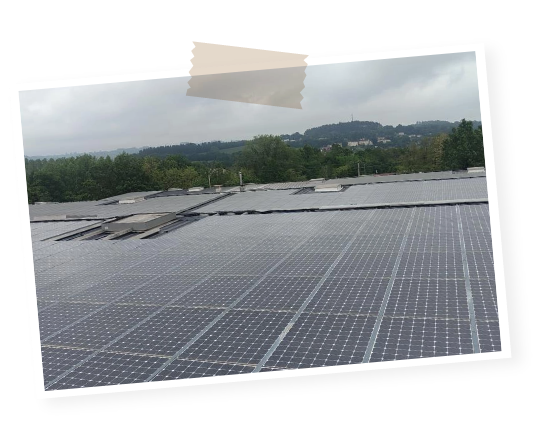
Developing a frugal approach to our production and with regard to our products
At Menguy’s, we recognise that the first steps towards environmental sustainability start at our production facilities.
Firstly, we have invested in energy-efficient technologies and equipment. For example, we designed the roasting area of our plant to take process constraints and the air flows required for the roasting process into account. Air inlets on the front of the building bring outside air into the roasting area to cool the seeds, while air extractors on the roof evacuate the hot air from the upper part of the area. These air flows ensure consistently low pressure in this area, regulating the temperature in an efficient and energy-saving manner. In addition, since 2021, all our production sites and head office have been using 100% green electricity generated from renewable energy. In addition, we have replaced the lighting at our storage site with motion-detecting LED lamps. This has enabled us to reduce energy consumption associated with lighting on the site by around 50%.
Being thoroughly convinced of the urgent need to protect the environment, we have no intention of stopping there! In 2023, we conducted a carbon assessment with a view to taking concrete action to reduce our footprint as much as possible.
Regarding the production of our products, we then implemented a streamlined manufacturing process with the aim of optimising the use of resources as much as possible. To this end, every month we monitor energy performance indicators such as gas, electricity, nitrogen and, of course, water resources.
Finally, at Menguy’s, we are gradually working towards adopting more sustainable solutions for the packaging of our products. To achieve this goal, we have embraced an eco-design approach that aims to study the following improvements: integrating recycled rPET plastic into a range of our packaging; developing new packaging compositions that enable recycling; reducing packaging thickness. As an example, by reducing the thickness of the PET jars used for our peanut butters by 10%, we save over 11 tonnes of virgin plastic a year!
Cumulatively, these efforts are resulting in a reduction in virgin plastic of over 30 tonnes a year, while maintaining the food safety and flavour of our products.
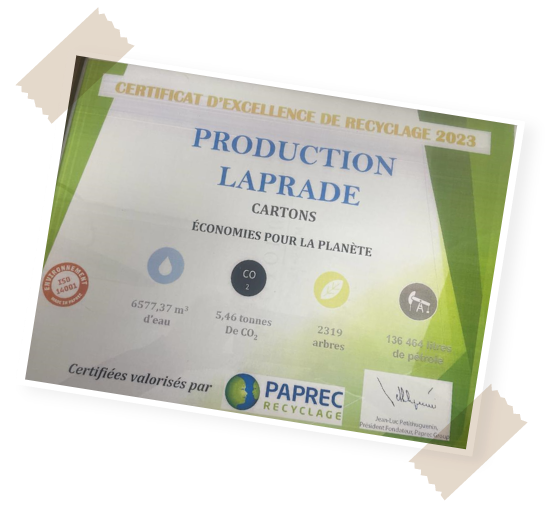
Limiting the impact of our raw materials sourcing
Another aspect of our effort to limit our environmental impact concerns the transport of our raw materials. In fact, we avoid the use of air freight in favour of sea freight, allowing us to reduce our associated carbon footprint, since sea transport emits 13 times less CO2 than air transport!
We are also increasingly focusing on European regions, assessing the opportunities they offer in terms of raw materials. This is already the case, for example, in our decision to commence sourcing Iberian almonds (Spain/Portugal).
We are also working daily to improve our entire procurement process. As such, for several years now we have been working exclusively with the Ivory Coast for the sourcing of our cashew nuts. On account of cashew nuts now being produced and shelled on site, we save over 81,000 km per container received, or around 13.6 tCO2eq tkm (which amounts to the average carbon footprint of 1.5 French people*).
Through all of these actions, we are helping to limit our environmental footprint, in particular by reducing greenhouse gas emissions associated with transport and food miles.
Did you know? All nut trees (almonds, pistachios, etc.) are excellent carbon collectors!
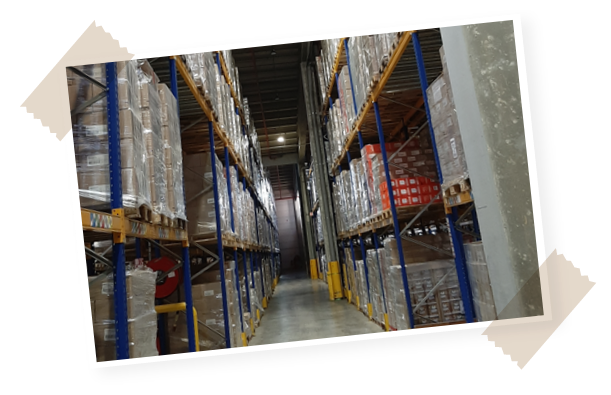
Rigorous waste management
Finally, one last essential pillar of our commitment to the environment: the strict management of our waste. We therefore strive to reduce, reuse, and recycle as much as possible witha. view to reducing the waste generated by our activities. At our production sites, all waste is sorted and an indicator allows us to monitor the quantity precisely.
We are also continually exploring opportunities to recover our waste and give it a second life:
- Our cardboard is collected for use in the paper industry;
- Ordinary industrial waste (OIW) is sorted and recycled into biogas, which is converted into electricity;
- We recover certain types of waste by producing solid recovered fuel (SRF): this is known as energy recovery;
- Our big bags for nuts are recycled for use in the plastics industry;
- Our wood waste is used to fuel a boiler;
- Our “recyclable production plastic” waste is recovered for use in the plastics industry;
- Our chemical waste is strictly sorted and treated;
For our waste sorting and management at all our sites, in 2023 Menguy’s was awarded the Recycling Excellence Certificate issued by PAPREC, a major player in waste management in France and internationally. As a result, we’re one of the top 5 companies out of 700 selected in the Occitania region! These efforts have resulted in savings that benefit the planet:
- 6,577.37 m2 of water
- 46 tonnes of CO2
- 2,319 trees
- 136,464 litres of oil
At Menguy’s, we aspire to play an active role in preserving our planet for future generations. What’s more, as part of our drive to avoid wasting food and to help the most disadvantaged, we deliver products that have reached their sell-by dates to food banks.
*Calculation based on CO2 impact data from ADEME’s carbon database. Container: 24 tonnes. 81,000 km represent 1,944,000 tonne.km and a carbon footprint of 1,944,000 x 0.007 Kg = 13,608 kg or 13.6 tCO2eq/t.km, roughly equivalent to the carbon footprint of 1.5 average French people (the carbon footprint is estimated at 9.2 tCO2eq per person https://www.statistiques.developpement-durable.gouv.fr/lempreinte-carbone-de-la-france-de-1995-2022#:~:text=Ramen%C3%A9e%20%C3%A0%20l’ensemble%20de,56%20%25)%20de%20l’empreinte)


